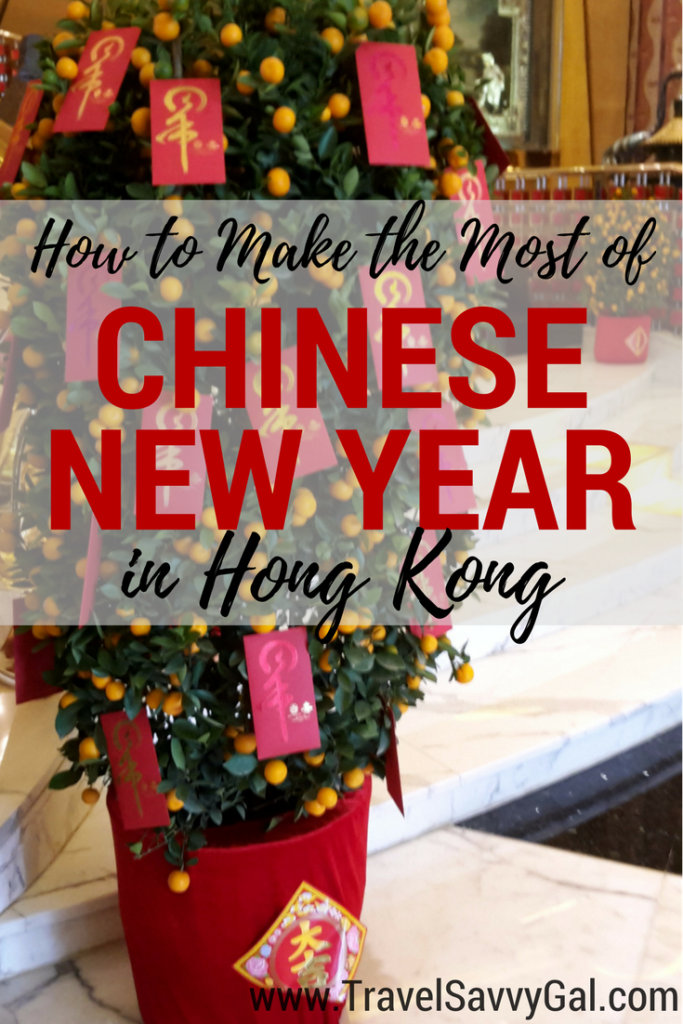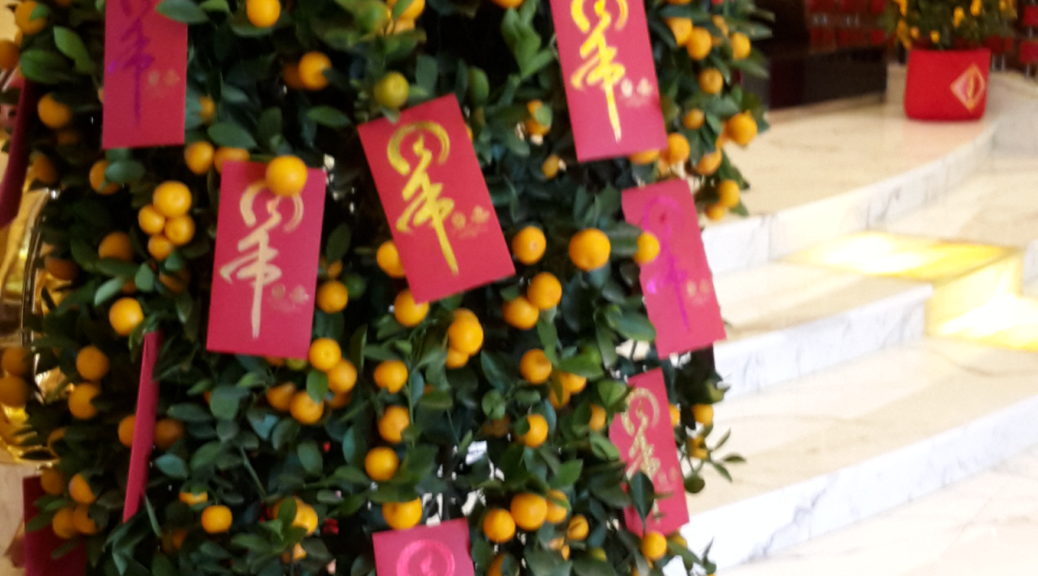
How to Make the Most of Chinese New Year in Hong Kong
Chinese New Year in Hong Kong is a series of celebrations so spectacular that many mainland Chinese – along with visitors from around the world – travel to the city to join in the festivities. Each year, there are a series of events, including the iconic fireworks display over Victoria Harbour. After spending a week in Hong Kong around Chinese New Year two years ago (my second visit), it’s hands-down the time I’d recommend for a trip.
Chinese New Year follows the lunar calendar, so while it consistently takes place in late January to mid-February, the exact dates change each year – so check a calendar before planning your trip. Also, a lesser known fact that I love is that in the Chinese calendar (depending on which approach you subscribe to), the new year is around 4715! Just a wee bit ahead of the Gregorian calendar. This is obviously representative of the long history of Chinese dynasties and how long they’ve been keeping track.
If you haven’t planned for it, you’ll know you’re in Hong Kong for Chinese New Year by the abundance of orange and tangerine plants being sold at stores, displayed at hotel entrances, and located pretty much everywhere you turn. It’s considered auspicious to eat – or at least display – the fruit as the Chinese word for orange is a homophone with the word for success & the word for tangerine contains the Chinese character for luck.
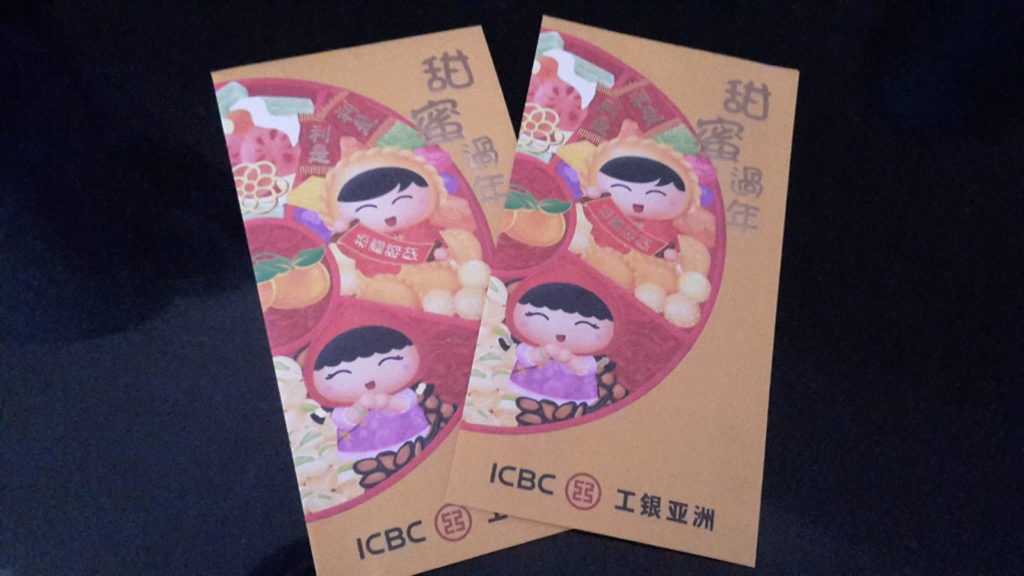
It is also traditional for people to exchange red (or otherwise decorated) lai see envelopes containing cash as a gift for good luck prosperity in the new year. In general these envelopes are given from senior to junior colleagues in an office and from married to single relatives. And it is customary not to open the envelopes in front of the giver, so you’ll see many people around town with a collection of red envelopes.
Read on for more about the Chinese New Year traditions to expect, the ways Hong Kong celebrates every year, and other sights to explore during your time in Hong Kong.
Things to Do to Celebrate the Chinese New Year
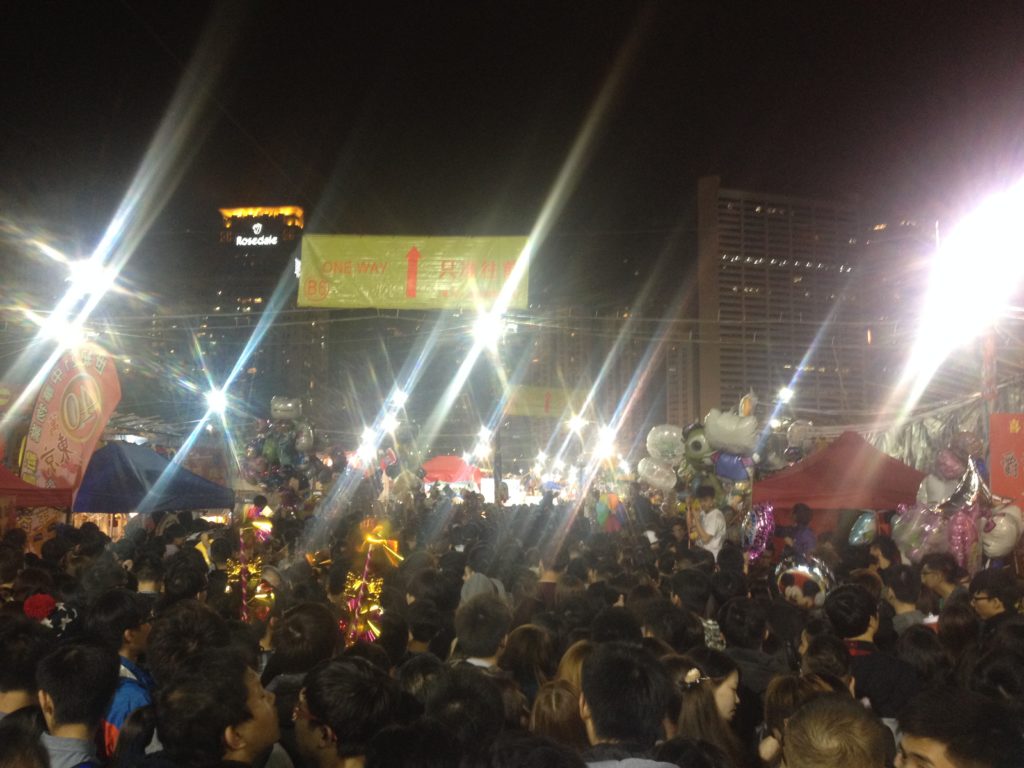
If you’d like to explore all of the nooks and crannies of the Flower Market at a leisurely pace, go on one of the days leading up to the eve of Chinese New Year. For the quintessential, so-crowded-you-can-barely-walk experience, head to Victoria Park after dinner on Chinese New Year eve. You’ll wait in long queues to enter, and feel as if the entire rest of Hong Kong is there with you, but that is also the most festive time and when you’ll get the deepest discounts if you’re looking to make a purchase.
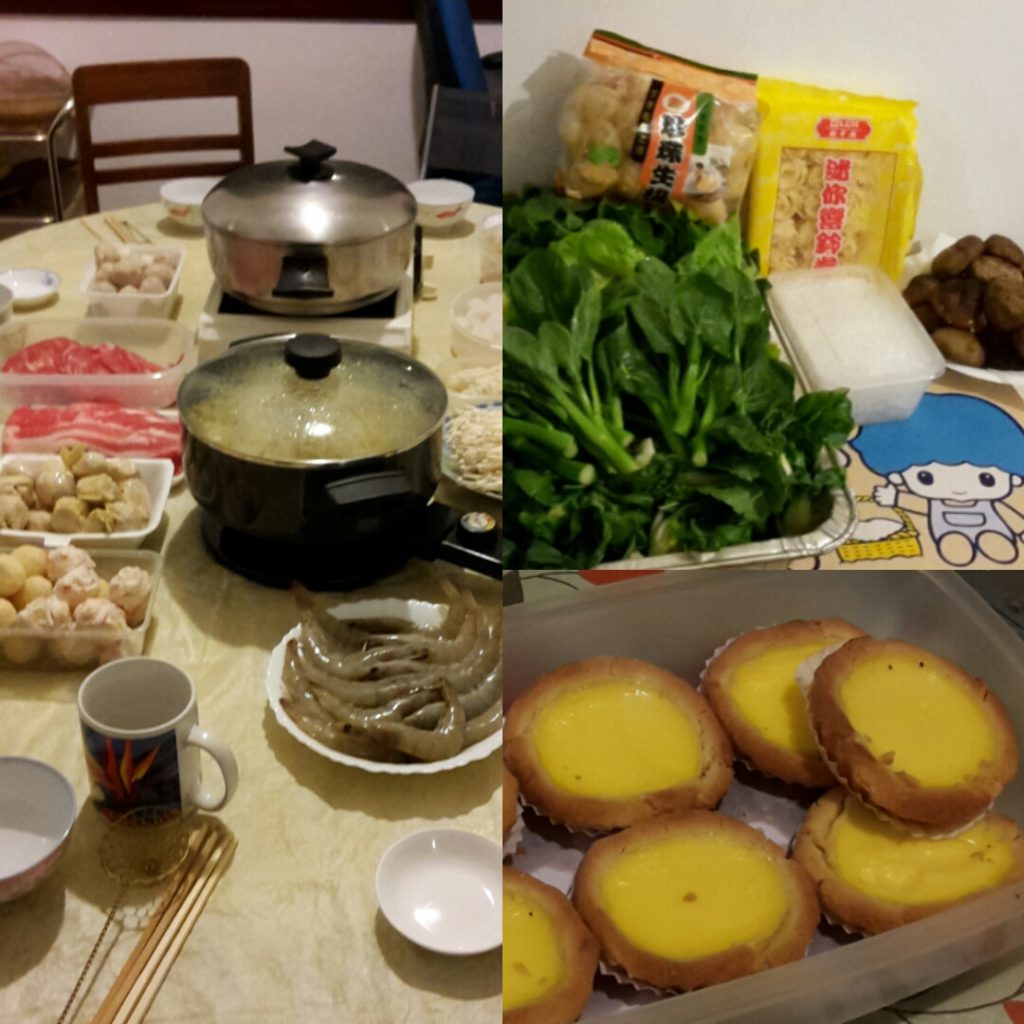
Join a Family ‘Reunion Dinner’ on New Year’s Eve
It is traditional for families to gather together on the eve of Chinese New Year for a ‘reunion dinner.’ If you’re extra lucky like me, you have family who lives in Hong Kong who will invite you to their house, where we enjoyed each other’s company and a festive meal, along with a family friend. If you have any contacts or even friends of friends there, I recommend joining one of these meals, or creating your own festive meal out with your travel companions and friends you’ve met on the road. And of course, there are traditional Chinese dishes you can seek out for good luck in the new year.
TIP! When you’re looking for food the following day (on Chinese New Year’s Day), be aware that many restaurants will have a surcharge that is a percentage of your bill added to your check. And many spots will be closed, so do your homework before you show up somewhere to dine on the national holiday. There are still some great options, especially in the more central areas, including Mak’s Noodle where I enjoyed lunch the New Year’s Day I spent there.
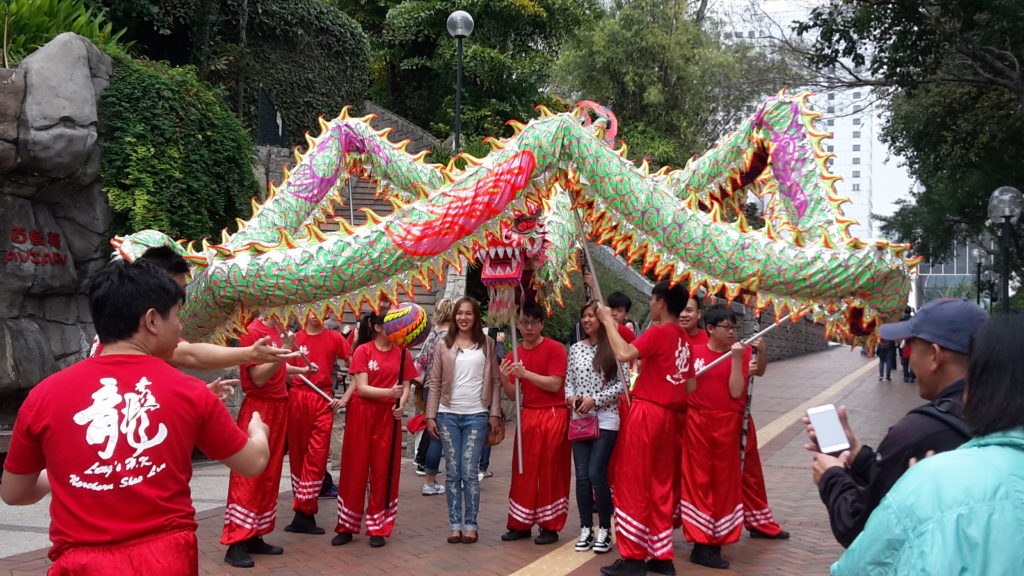
There is annual parade on the evening of Chinese New Year Day, on the Kowloon side of Hong Kong, beginning in the Tsim Sha Tsui (TST) area. If you plan ahead, there are spectator seats for sale, otherwise it is free to stand anywhere else along the parade route. It is a mix of traditional Chinese performances, like the dragon, as well as a variety of foreign performers who are invited to participate.
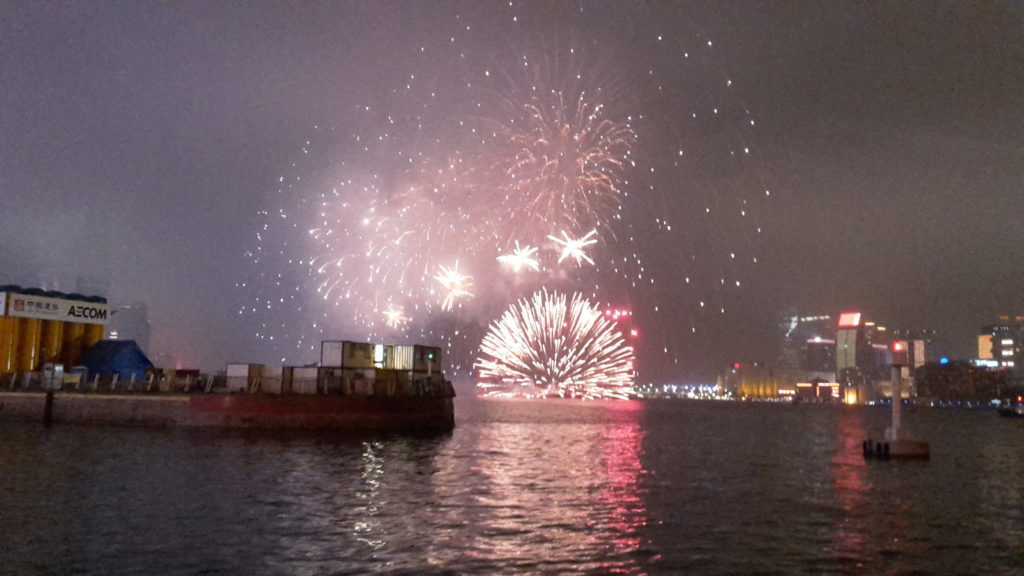
I don’t exaggerate when I say that the fireworks in Hong Kong for Chinese New Year are epic. You’ll want to stake out a spot close to the Harbour in advance where you can get a good view of the 20-minute spectacle. Fireworks are set off for the New Year, as it is believed that they drive off evil spirits. The fireworks display in Hong Kong takes place each year on the evening of the day after Chinese New Year’s Day (the second day of the new year), along with a classical musical accompaniment.
TIP! As soon as the fireworks end, the hordes of people set off in search of dinner. Have a plan within walking distance for where you’ll go for dinner after the fireworks (if you haven’t already eaten) or where you’ll be able to go close to your viewing point. While the MTR (metro) and buses will be running, they will be at their most crowded, so you shouldn’t count on them as an immediate means of transportation.
(More) Things to Do in and around Hong Kong
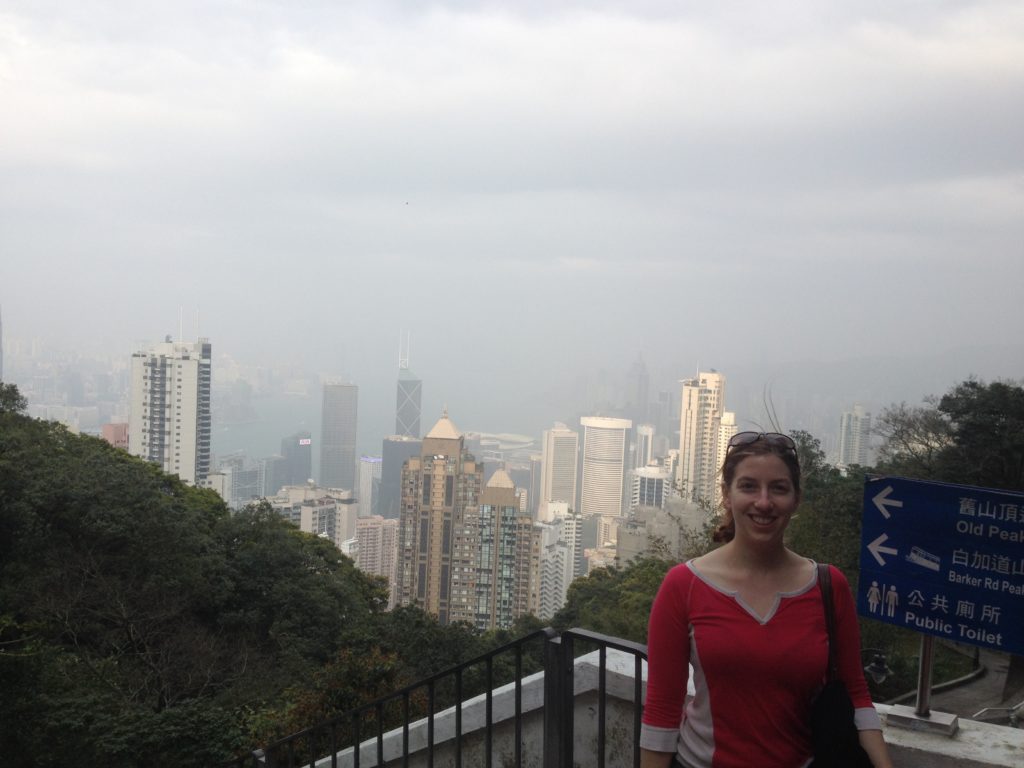
Known colloquially in Hong Kong as “the Peak,” Victoria’s Peak is located on Hong Kong Island. There is an expansive view of the Harbour and Kowloon on the other side from the summit. There is a steep trail where you can hike to the top, or a funicular tram that will get you there.
TIP! The tram can get quite crowded (especially in the Chinese New Year period), so plan to hike up by foot or go outside of this time if you can. Or even if you take the tram to the top, you can save yourself the time of waiting in the line to descend and instead hike down on foot.
Like Singapore, Hong Kong sure knows how to take advantage of all of its tall buildings with the nightly light show at 8:00pm involving 40 (!) buildings on both sides of Victoria Harbour. If you watch from the Wan Chai promenade or outside the ICC building, you can also hear the accompanying soundtrack that really brings it to life. It’s also popular to watch it from a boat crossing the Harbour.
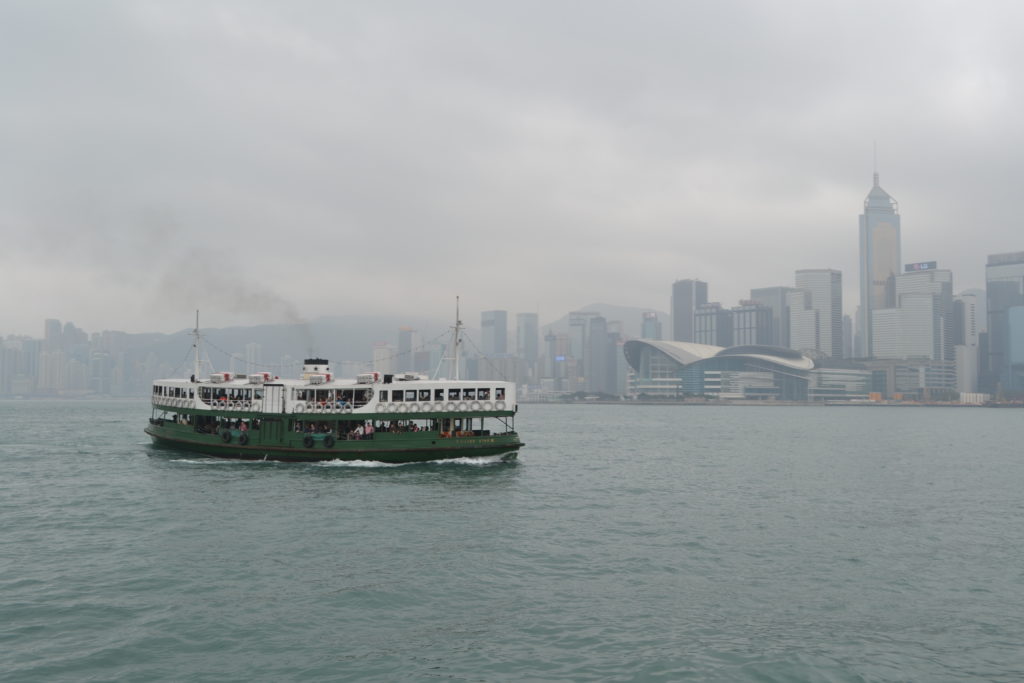
Yes, there is the metro that will take you across, but there is no more iconic way to cross Victoria Harbour than on the quite inexpensive Star Ferry, at least once during your visit. It runs back and forth between Hong Kong Island and the Kowloon side about every 10 minutes and gives you a great view of both skylines. If you watch it pull away or dock, you can see one of the crew members still throwing a rope by hand to attach and detach the boat.
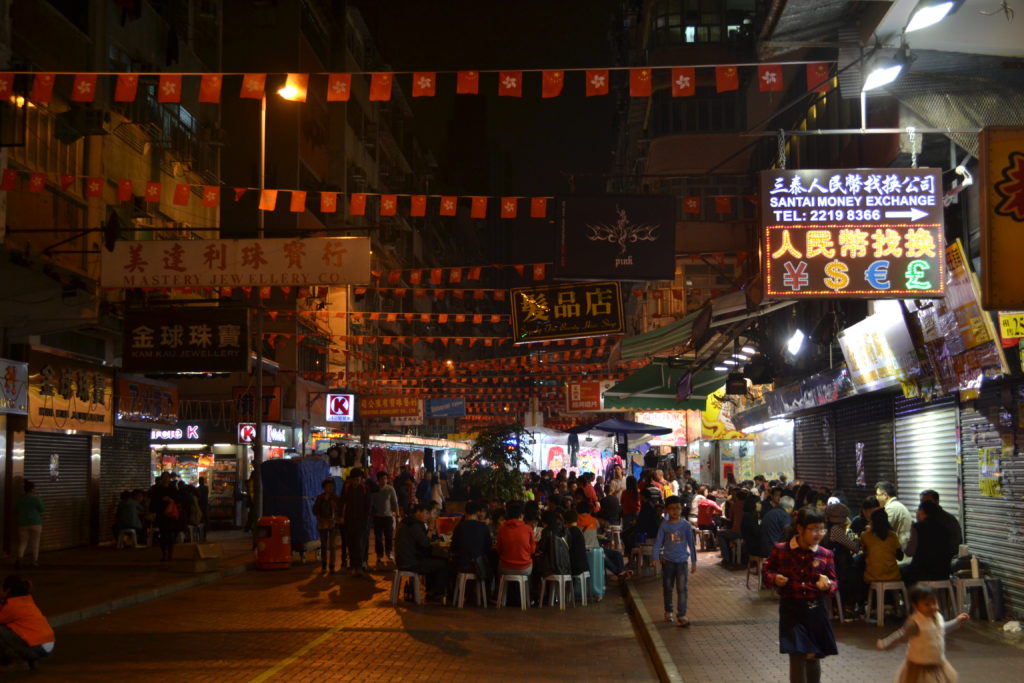
Kowloon
A lot of tourists will stick to the Hong Kong Island side, but even if you have no tourist destinations in mind, head to the Kowloon side across the Harbour to get a very different flavor of Hong Kong life. It is more densely-populated than Hong Kong Island, and has a variety of attractions worth checking out, from the Kowloon Walled City Park (commemorating the self-contained enclave that was a crime haven throughout most of the 1900s then demolished) to the Temple Street night market.
Highest Bar in the World
Hong Kong boasts the highest bar in the world, the Ozone Bar on the 118th floor of the International Commerce Center (ICC) building, as part of the Ritz-Carlton hotel there. It is so high up that you are above the clouds, so go when it is a clear day or night for a different perspective on the Hong Kong skyline.
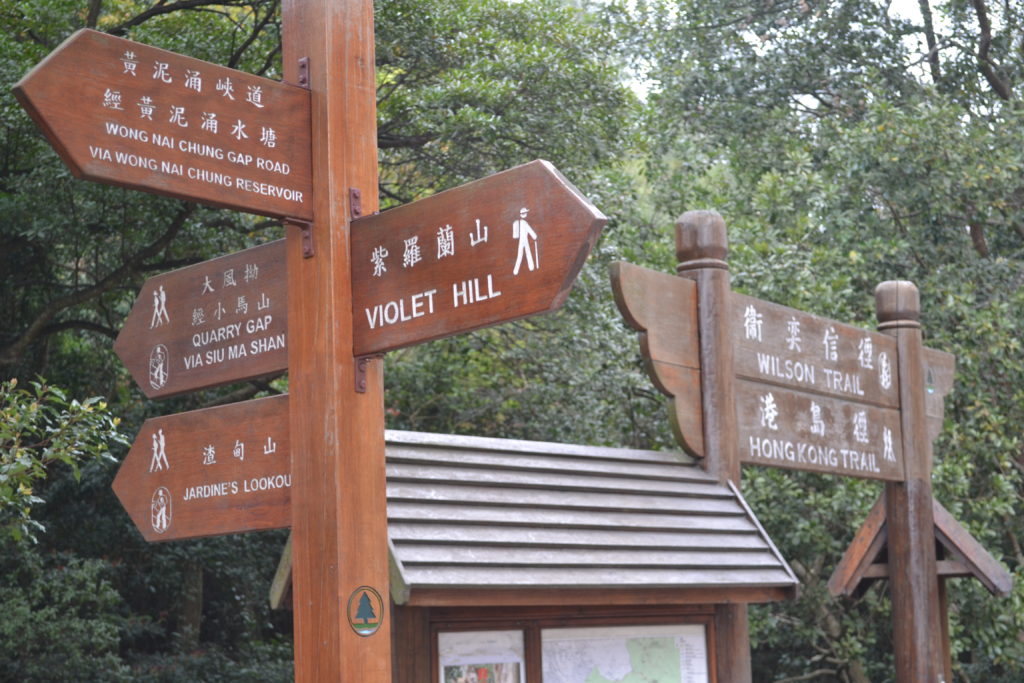
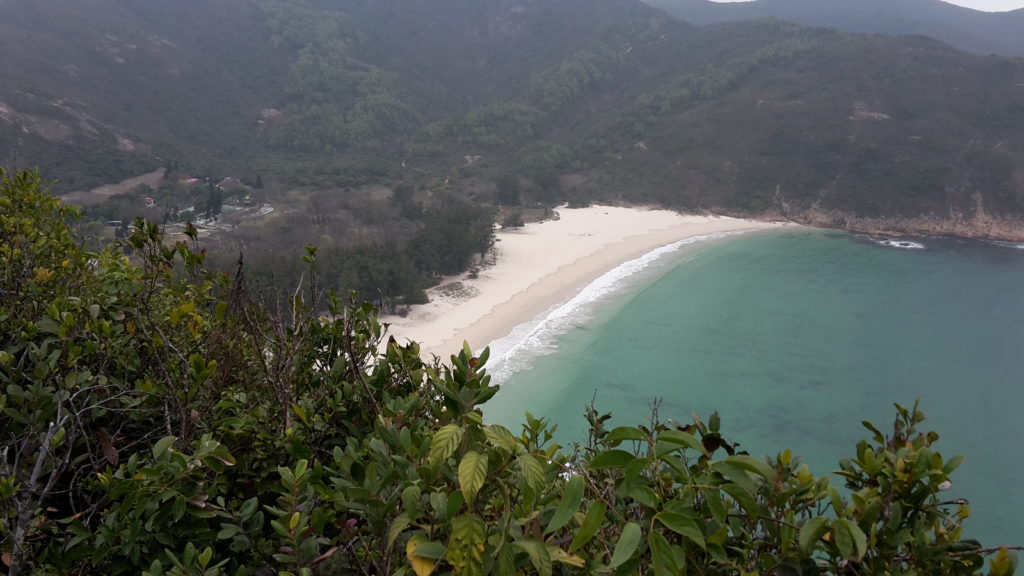
Hiking
When you conjure up an image of Hong Kong, you probably envision a collection of skyscrapers, all crowded in next to each other in some of the most densely-populated neighborhoods in the world. But the truth is that the vast majority of the islands that comprise Hong Kong are undeveloped and pristine nature areas with a wealth of hiking trails to guide your path. And even if you’re staying in ‘Central’ – basically downtown Hong Kong – it’s usually just a hop on the MTR (metro) or a cheap taxi ride to arrive at the start of a hike well off the beaten path.
Museums
The one museum I visited during my visit was the Hong Kong Museum of History, which does a great job outlining different periods in Hong Kong’s founding. It provided some great context for the region that I didn’t get in the rest of my sightseeing. If museums are your thing, or you’re faced with rainy weather, there are a ton of other museums in Hong Kong to visit, from the expected (the Hong Kong Maritime Museum) to the obscure (Hong Kong International Hobby and Toy Museum).
Buddhist Temples and Sites
The two main Buddha-related sights are the Ten Thousand Buddhas Monastery and Tian Tan Buddha, otherwise known as the Big Buddha. For both, you are better off visiting on a non-holiday weekday if possible. The Big Buddha, part of the Ngong Ping Village, is best accessed by the cable car that you can find adjacent to the Tung Chung MTR (metro) station. The Ten Thousand Buddhas Monastery is also metro accessible, from the Sha Tin MTR station.
TIP! Buddhist temples and tourist attractions – especially the Big Buddha – are likely to be slammed on the holiday days of the Chinese New Year, as pretty much everyone has off from work and many of those people have additional family members visiting. Reserve spots ahead of time and if possible (even with a reservation) go on the days before or after the two-day New Year holiday. Or first thing in the morning before the lines will keep you queuing for hours.
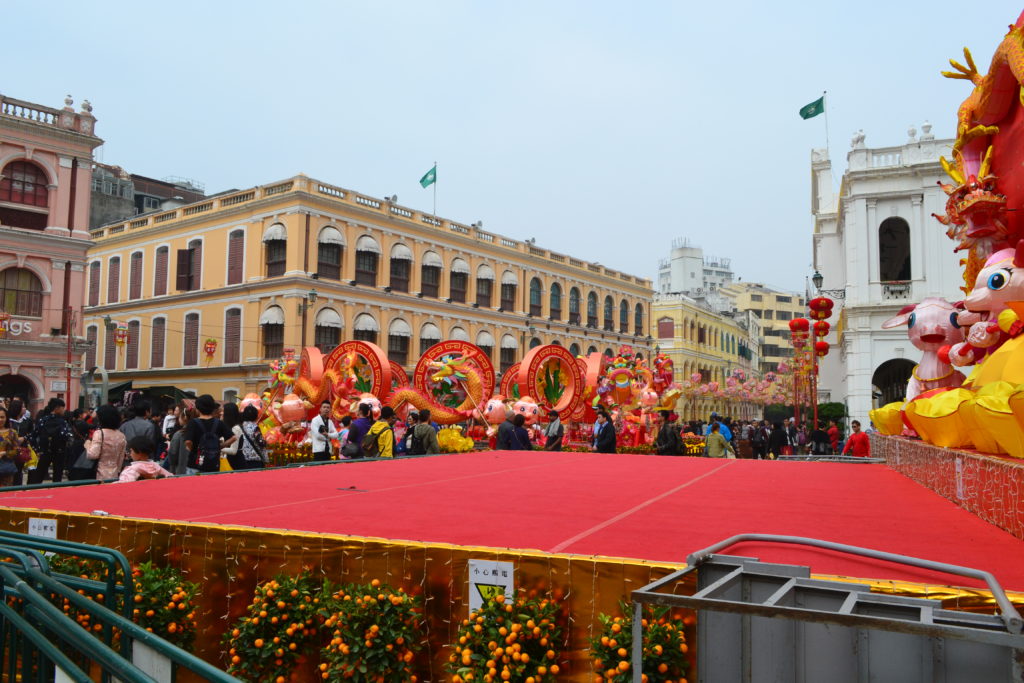
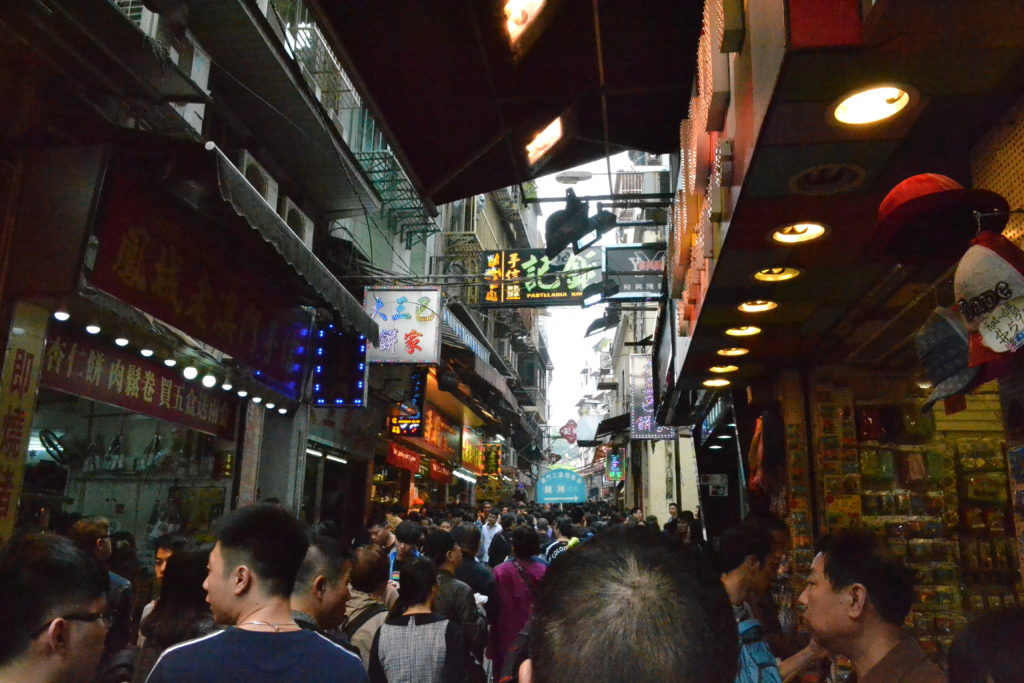
Visit Macau
Macau, like Hong Kong, is also a “Special Administrative Region” of China, and is easily accessible by ferry from Hong Kong. Leading up to Chinese New Year, it will be packed during the day with Chinese mainlanders who come over for the day to stock up on holiday foods and other shopping for a fresh start to the new year. However, not only is it great to experience the decorations for lunar new year interspersed with the Portuguese flavor of this former colonial outpost, there are a lot of great deals on hotel accommodations in this period.
What’s your favorite Chinese New Year tradition? And what are the best places where you’ve celebrated Chinese New Year before? Let me know in the Comments below!
Happy travels, and I wish you all a very happy Chinese New Year – gong hei fat choi!!
Lana
